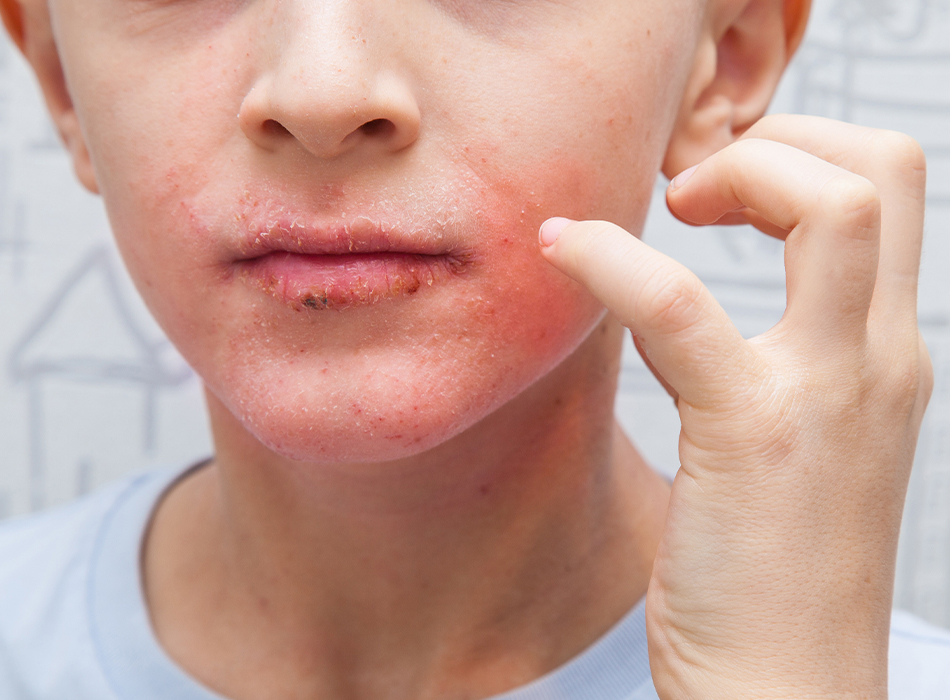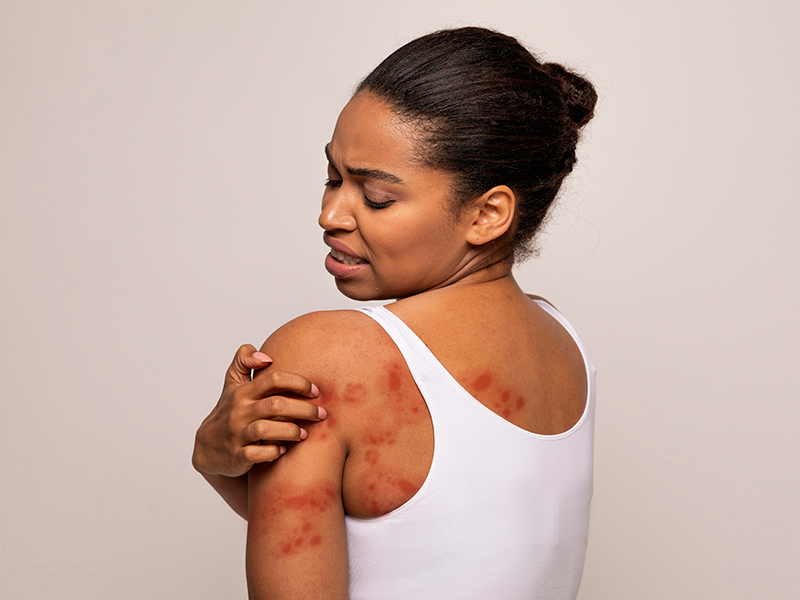Book an Appointment
If you’re dealing with persistent flaking, redness, or discomfort, our team is here to help. Book your consultation at the London Dermatology Centre and take the first step toward clearer, healthier skin.
Call us on 020 7467 3720 or use our contact form to schedule your visit.







